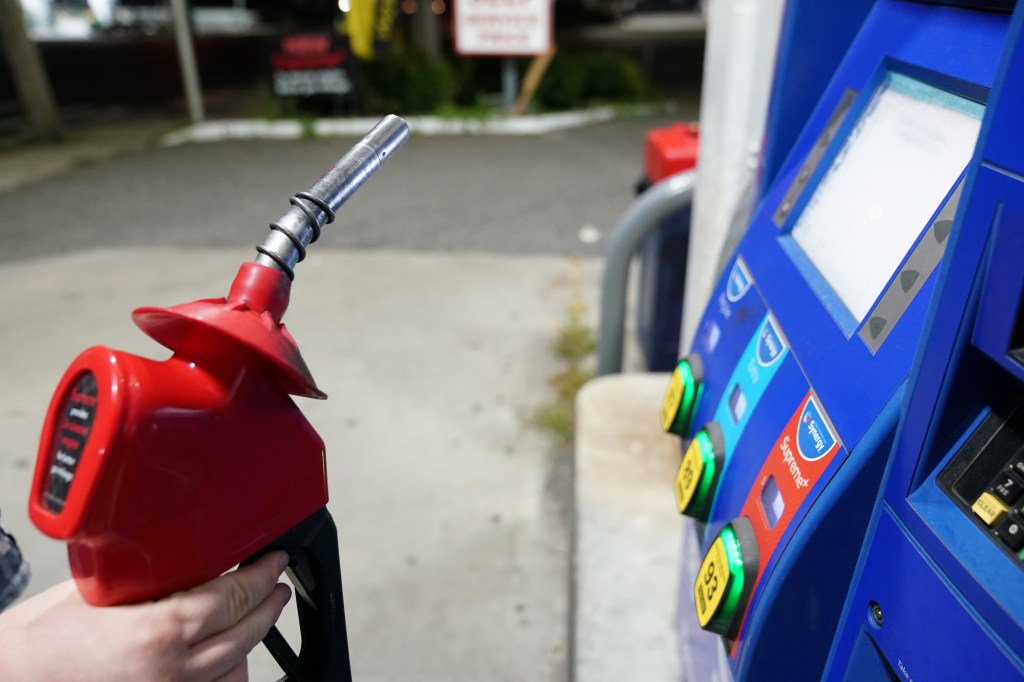A Pennsylvania jury ordered ExxonMobil to pay $725.5 million to a former mechanic who claimed toxic chemicals in the company’s gasoline and solvents caused his cancer, according to attorneys for the plaintiff.
The 10-2 verdict came on Thursday, attorneys said, after a trial in a state court in Philadelphia, where former mechanic Paul Gill alleged he was exposed to benzene in ExxonMobil products while working at a gas station between 1975 and 1980.
Following the trial that lasted just over a week, the jury found Exxon liable for negligently failing to warn about the health risks of benzene, which the Environmental Protect Agency has classified as a known carcinogen.

The entire verdict was in compensatory damages, according to Gill’s attorneys.
An Exxon spokesperson called the verdict “irrational” and said the company would ask the court to reverse it, and that it planned to “exhaust all available appeals.”
The 67-year-old former mechanic said in his 2020 lawsuit that he used petroleum products to clean car parts with his bare hands, which exposed him to benzene through direct skin contact and inhalation.
He was diagnosed with acute myeloid leukemia, a type of blood cancer, in 2019.
“This verdict is important because it’s a finding that their gasoline causes cancer,” said Patrick Wigle, an attorney for Gill, in a statement. “ExxonMobil has known for decades that benzene causes cancer, yet they resisted warning the public and taking basic precautions to warn the public and limit exposure.”

Benzene is widely used in the United States in motor fuels, as a solvent for resins and plastics, and for other industrial purposes.
The EPA, which limits the amount of benzene that is acceptable in fuels, says it also can be found in emissions from burning coal and oil, from car exhaust and from evaporation at gas stations, among other things.














